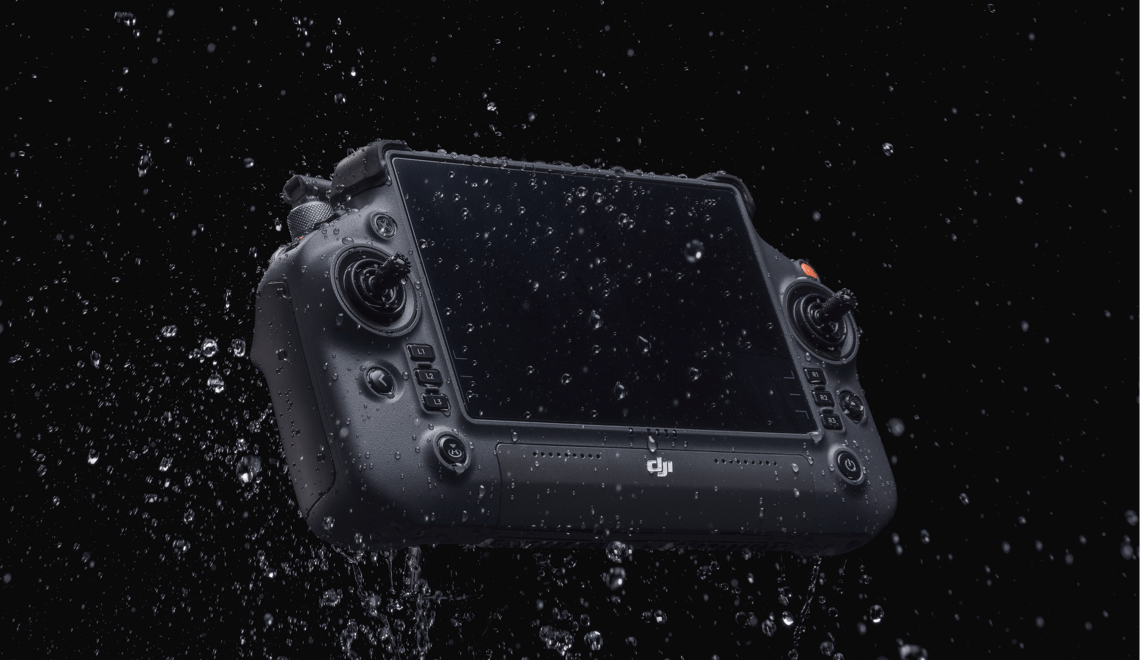DJI Matrice 350 RTK vs DJI Matrice 300 RTK
DJI has recently launched their newest flagship drone: the Matrice 350 RTK. This aircraft is a successor to the Matrice 300 RTK which was deployed in May of 2020. The Matrice 350 RTK offers many improvements from the Matrice 300 RTK which include; a new video transmission system and control experience, a more efficient battery system, and a better ingress protection rating. While the Matrice 350 RTK incorporates all these improvements it also shares all the great features associated with the Matrice 300 RTK such as the multi-payload support for mission versatility.
Key Features:
Updated battery system
Improved ingress protection (Matrice 300 RTK has IP45 whereas the Matrice 350 RTK has IP55)
DJI RC Plus comes with the Matrice 350 RTK as standard
Improved FPV camera
Armlock indicator to enhance safety
The table below shows a comparison of the key specifications between the Matrice 350 RTK and Matrice 300 RTK:
| |
Matrice 350 RTK |
Matrice 300 RTK |
|---|---|---|
| Dimensions (L x W x H) |
Folded (propellers included): 430 x 420 x 430 mm Unfolded (propellers excluded): 810 x 670 x 430mm |
Folded (propellers included): 430 x 420 x 430 mm Unfolded (propellers excluded): 810 x 670 x 430mm |
| Weight |
Approx. 3.77kg (without batteries) Approx. 6.47kg (with two TB65 batteries) |
Approx. 3.6kg (without batteries) Approx. 6.3kg (with two TB60 batteries) |
| Max Take-off Weight | 9.2kg | 9kg |
| Max Payload Capacity | 2.7kg | 2.7kg |
| IP Rating | IP55 | IP45 |
| Max Flight Time | 55 minutes (without payload) | 55 minutes (without payload) |
Controller |
DJI RC Plus |
DJI Smart Controller Enterprise Compatiable with DJI RC Plus |
FPV Camera |
Night Vision: Yes Resolution: 1080p FOV: 142° Frame Rate: 30fps |
Night Vision: No Resolution: 960p FOV: 145° Frame Rate: 30fps |
| Intelligent Flight Battery | Comes stock with TB65 | Comes stock with TB60 |
Battery System
DJI Matrice 350 RTK (M350 RTK) utilises a new battery system that includes the TB65 intelligent flight batteries that are compatible with the BS65 battery station. This is an upgrade from the previous TB60 intelligent flight batteries and the BS60 battery station. As seen in the general specifications table above, even though the batteries have been improved the flight time has remained the same. While this is the case, the amount of cycles these batteries can have has been significantly increased. Previously the TB60 were rated for approximately 200 cycles whereas the new TB65 batteries can be cycled 400 times. Additionally, there is backwards compatibility so that for all current Matrice 300 RTK users can still install these new batteries within their older platform. It should be noted that the batteries should not be mixed during flight which means as both the Matrice 350 RTK and Matrice 300 RTK require 2 batteries per flight you should only install 2 of the same kind (either 2 x TB60 or 2 x TB65).
For the new BS65 battery station, there are three modes that have been included to allow flexibility for the user. These modes include;
Standard mode: Each pair of TB65 intelligent batteries is charged to 100% sequentially in 60 minutes.
Ready to fly mode: Each pair of TB65 intelligent batteries are charged from 20% to (and kept at) 90% sequentially charged within 30 minutes.
Storage mode: Each pair of TB65 intelligent batteries is charged to and kept at 50% to preserve the longevity of the batteries.
DJI have again incorporated backwards compatibility meaning that you can use either BS60 battery station or BS65 battery station to charge either TB60 intelligent batteries or TB65 intelligent batteries. To be able to do all backwards compatibility all firmware from the intelligent batteries and battery station must be updated to the latest firmware.
Ingress Protection
Another improvement of the Matrice 350 RTK is the ingress protection of the drone. It has IP55 rating in comparison to the Matrice 300 RTK only having IP45. The first digit corresponds with the solids ingress protection and the second digit corresponds with the water ingress protection. This indicates that the Matrice 350 RTK has partial protection against dust and similar particles whereas the Matrice 300 RTK only has protection against solids larger then 1 mm (slender screws or nails, larger insects or potentially invasive smaller objects). However, both drones have protection against low-pressure jets of water.
Controller
The Matrice 350 RTK comes stock with the DJI RC Plus controller and while the Matrice 300 RTK is compatible with the same controller it is an additional item to purchase. The RC Plus controller has improved battery life, a larger screen size, and a better IP rating then the DJI RC Smart Controller.
Safety Features
The Matrice 350 RTK incorporates a new feature which is an arm lock indicator to be able to inform the user if the arms have been correctly locked in place. This gives an extra layer of protection for the drone and safety when the drone is operational. Furthermore, the Matrice 350 improves the transmission protocol allowing up to 20km in terms of range (FCC), however, the CE range remains at 8km.
FPV Camera
As seen in the general specifications table the FPV camera has been upgraded for the new Matrice 350 RTK. It allows for night vision with a higher resolution while sacrificing a small amount of field of view. The M350’s FPV camera has 1080p resolution compared to 960p from the previous model which will now provide a clearer image. The field of view decreases by about 3° which is very minimal and the increased resolution and incorporation of night vision make up for this small loss. It should be noted that the Matrice 350 RTK currently supports the following payloads:
Zenmuse H20N
Zenmuse L1
Zenmuse P1
Zenmuse H20/H20T
and third-party payloads developed based on the Payload SDK





